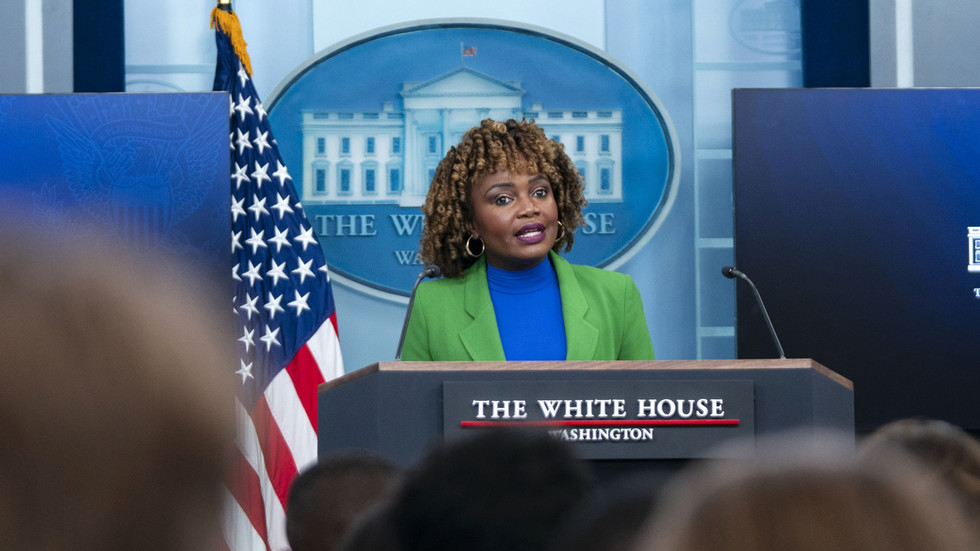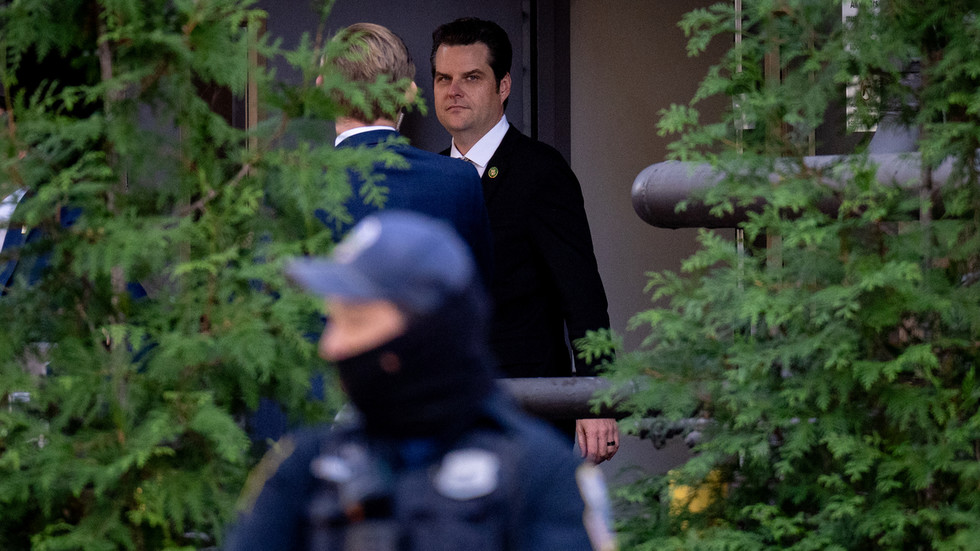The US Supreme Court upheld a federal law on Friday that prohibits
domestic abusers
from possessing firearms, reinforcing regulations intended to prevent gun violence. This decision is the first on gun rights since a significant 20222 ruling that loosened firearm restrictions. Chief Justice John Roberts stated that disarming individuals who pose credible threats ins consistent with the
Second Amendment
.
"When an individual has been found by a court to pose a credible threat to the physical safety of another, that individual may be temporarily disarmed consistent with the second amendment," Chief Justice John Roberts wrote in the 8-1 opinion.
"Since the founding, the nation's firearm laws have included regulations to stop individuals who threaten physical harm to others from misusing firearms. As applied to the facts of this case, (the law) fits comfortably within this tradition."
The decision comes amid ongoing debates over gun control in the United States, a country where gun violence is prevalent and there are more firearms than people. The
Gun Violence Archive
recorded over 40,000 deaths due to gun violence last year. Political resistance often meets attempts to tighten gun control measures.
President Joe Biden
welcomed the Supreme Court's decision, highlighting his administration's efforts to strengthen gun safety and combat gender-based violence. He also expressed his commitment to urging Congress to enact stricter gun control laws.
"As a result of today's ruling, survivors of domestic violence and their families will still be able to count on critical protections, just as they have for the past three decades," he said in a statement.
Biden added that he was "firmly committed" to ending
violence against women
and would push Congress for action to "stop the epidemic of gun violence tearing our communities apart."
The 2022 Supreme Court decision allowed only "reasonable" exceptions to the Second Amendment and emphasized using historical precedents to regulate firearms. This ruling left lower courts navigating whether proposed gun restrictions fit within historical firearms regulation traditions dating back to the late 18th and 19th centuries.
In March, an ultraconservative appeals court ruled that a federal law banning gun ownership for people with domestic violence restraining orders was unconstitutional due to a lack of historical precedent.
During a case presentation last November, Solicitor General Elizabeth Prelogar emphasized the dangers of domestic abusers having access to firearms.
"A woman who lives in a house with a domestic abuser is five times more likely to be murdered if he has access to a gun," she said while making the Biden administration's case for upholding the federal law.
The case before the court involved Zackey Rahimi, whose Texas home was searched by police. They recovered a handgun and a rifle after Rahimi was linked to five shootings over two months and was under a protective order from a former girlfriend that barred him from owning weapons.
Rahimi's attorney contended that without a criminal conviction, there was no historical basis for depriving him of his firearms.
Dissenting from the court's opinion, conservative justice Clarence Thomas stated that criminal prosecution is already a tool available to disarm anyone who threatens physical violence with a firearm.
"Most states, including Texas, classify aggravated assault as a felony, punishable by up to 20 years' imprisonment... Thus, the question before us is not whether Rahimi and others like him can be disarmed consistent with the second amendment," Thomas wrote.
"Instead, the question is whether the government can strip the second amendment right of anyone subject to a protective order -- even if he has never been accused or convicted of a crime. It cannot."
Approximately 100 gun control activists, including actress Julianne Moore, staged a demonstration outside the Supreme Court. They carried signs that read "Disarm Domestic Abusers" as the justices heard about 90 minutes of oral arguments last year.

 5 months ago
20
5 months ago
20








